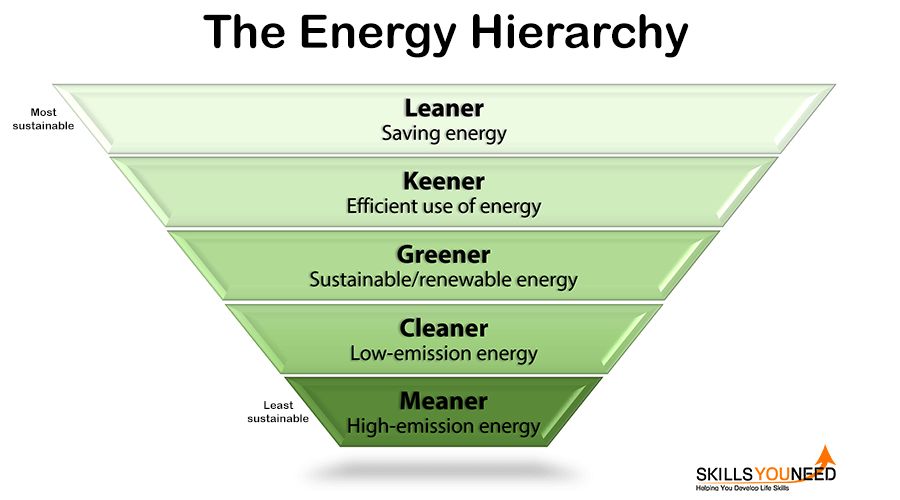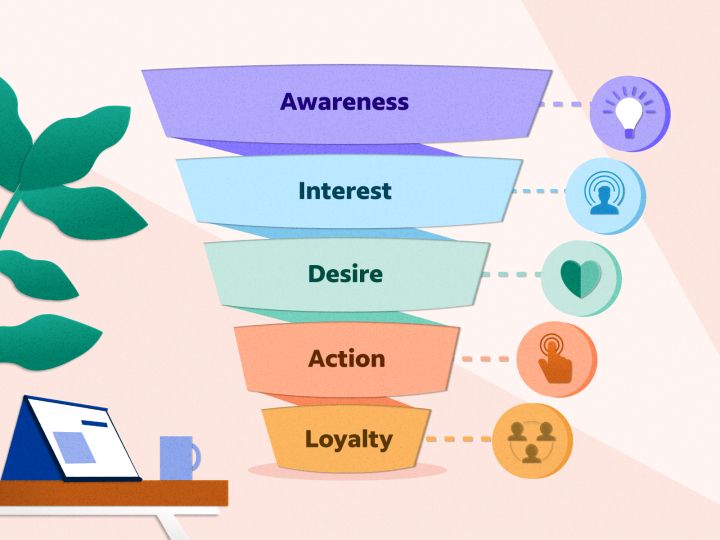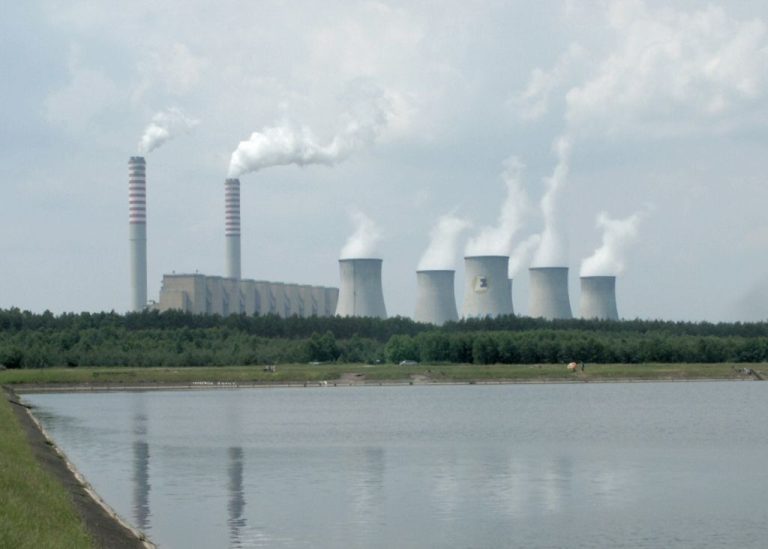What Is The 5 Importance Of Energy?
Energy is the capacity to do work and the driving force behind all economic and social development. Access to affordable, reliable energy provides the foundation for virtually every aspect of modern life. As energy use increases globally, understanding why energy matters is crucial.
There are five key reasons that energy is fundamentally important:
- Energy Powers the Modern World
- Energy Supports Economic Growth
- Energy Improves Quality of Life
- Energy Promotes Human Development
- Energy Sustains the Environment

This article will explore each of these five areas to demonstrate the critical role energy plays in our lives and society.
1. Energy Powers the Modern World
Modern civilization would not exist without energy. Energy runs all forms of transportation, from cars and trucks to trains, planes, and ships. It powers the technology we rely on daily, from smartphones to computers to home appliances. Energy provides electricity that lights our homes, businesses, and streets while also powering heating and cooling systems. Factories and production facilities run on energy, as do hospitals, schools, and offices. Farms need energy to grow crops, raise animals, and distribute food. Energy powers the infrastructure that connects and sustains society, including communications networks, financial systems, and emergency services. Without abundant, reliable energy, the world as we know it would not function. It is the foundation that makes modern life possible.
2. Energy Supports Economic Growth
Access to abundant, affordable energy fuels economic growth by enabling businesses to increase production of goods and services. With reliable electricity, manufacturing plants can operate heavy machinery and power assembly lines to mass produce consumer products. Energy resources like oil and natural gas allow raw materials to be transported long distances to factories for processing. Cheap energy lowers production costs, allowing companies to expand operations and hire more workers.
The positive impacts of economical energy are far-reaching. New jobs are created up and down supply chains as economic activity increases. Workers earn wages to purchase goods and services, raising their standard of living. Tax revenues also rise, allowing governments to invest in infrastructure and public services. Overall, plentiful energy resources boost productivity, growth, employment, and incomes across an entire economy.
3. Energy Improves Quality of Life
Access to modern energy services plays a major role in improving people’s quality of life around the world. Reliable and affordable energy enables powering of appliances, electronics, and technologies that make everyday life more convenient, comfortable, and productive.
Having electricity in homes allows families to store and cook food safely, provide lighting and heating/cooling, charge phones and operate other devices that connect them to information and opportunities. Hospitals and clinics depend on energy to power medical equipment that saves lives. Schools and universities require electricity to provide quality education using computers, internet access, and lighting that enables students to study at night.
Safe and reliable energy is essential for running public transportation that connects communities, as well as powering street lights and security systems that reduce risks and prevent crime. Access to clean cooking fuels instead of biomass helps reduce indoor air pollution that causes respiratory diseases.
Overall, modern energy access promotes major improvements in healthcare, education, economic productivity, public safety, and social development – helping uplift the quality of life for billions globally.
4. Energy Promotes Human Development
Access to modern energy services is crucial for human development. Energy allows people to live longer, healthier lives by powering hospitals, medical equipment, and water sanitation systems. In many developing countries, lack of electricity severely limits healthcare capabilities. Hospitals without reliable electricity struggle to store vaccines, refrigerate medicine, or operate medical devices. Access to energy can dramatically improve public health.
Energy also enables proper sanitation and clean water access. Pumping and purifying water requires electricity. Safely managing waste and sewage also depends on energy systems. When people lack basic sanitation from energy, they face greater risks of diseases like cholera and typhoid. Clean drinking water prevents diarrheal diseases that can be deadly for children.
Furthermore, energy allows food production and storage. Electricity powers mechanized agriculture, food processing, and refrigerated transportation. This provides more plentiful, nutritious diets. When people lack electricity, they cannot store perishable foods, causing nutritional deficiencies. Access to energy also facilitates improved education, lighting, and information sharing. Overall, modern energy access leads to better health, nutrition, productivity, and quality of life.
5. Energy Sustains the Environment
Renewable energy sources like solar, wind, hydroelectric, and geothermal power generate electricity while preserving the natural landscape. Unlike fossil fuels, renewable energy does not require extensive drilling, fracking, mining, or resource extraction that can disrupt ecosystems. Renewable energy projects can be sited to avoid environmental harm.
Energy efficiency also benefits the environment by reducing pollution and waste. Upgrading to energy-efficient appliances, equipment, vehicles, and buildings decreases energy consumption. This means less fossil fuels are burned to meet energy needs, leading to reduced air pollution, greenhouse gas emissions, and other byproducts. Efficient energy use also decreases the amount of natural resources and raw materials needed to produce energy.
Sustainable energy practices allow society to power progress while protecting the planet. Renewable energy and energy efficiency are key tools for sustainably meeting the world’s energy needs today and into the future.
The Role of Conservation
As the world continues to develop and energy demand rises, it will be crucial to balance that demand with energy efficiency, conservation, and renewable sources. There are several ways we can promote conservation while still powering economic and human progress:
Implementing energy-efficient technologies like LED lighting, high-efficiency appliances, smart grids, and green building practices can help curb energy waste. Upgrading infrastructure like power plants, transmission lines, vehicles, and manufacturing processes to be more efficient will also conserve energy.
Renewable energy sources like solar, wind, geothermal, and hydropower generate electricity without depleting finite resources. Investing in these technologies and continuing research into new renewable options will provide clean energy while reducing reliance on fossil fuels.
Recycling, reducing waste, and modifying consumption behaviors also play a role. Things like recycling metals, paper, and electronics reduces the energy needed to extract new resources. Cutting excess consumption, adjusting thermostats, and eliminating energy leaks around the home and workplace all contribute to conservation.
With the right balance of efficiency, renewables, and responsible usage, we can promote energy conservation while still powering the modern world. The key is using energy more wisely, not restricting progress and development. Conservation allows us to sustainably meet today’s needs while preserving resources for future generations.
The Future of Energy
As the world’s population grows and developing countries industrialize, global energy demand is projected to rise significantly in the coming decades. This presents both a challenge and an opportunity when it comes to the future of energy.
Developing new energy sources and technologies will be critical for meeting future demand in a sustainable manner. This includes advancing renewable energy from solar, wind, hydroelectric, geothermal and biomass sources. It also includes developing next-generation nuclear energy and fusion energy. Additionally, further improving energy efficiency and storage technologies will help make the best use of the energy we do produce.
Transitioning to clean, sustainable energy is crucial for mitigating climate change and reducing pollution levels. Phasing out fossil fuels in favor of low-carbon energy sources like renewables and nuclear will reduce greenhouse gas emissions. Electrifying transportation, buildings and industrial processes will also promote decarbonization. Government policies, public-private partnerships, infrastructure improvements and public engagement can all accelerate the clean energy transition.
The future of energy promises to bring innovative new technologies, systems and business models. With smart choices and investments today, we can ensure that everyone has access to affordable, reliable and sustainable energy tomorrow.
Conclusion
Energy is vital for 5 key reasons. First, it powers the modern world, enabling technological innovation and progress. Second, it supports economic growth by fueling industry, transportation, and infrastructure. Third, it improves quality of life by bringing light, warmth, and mobility to billions globally. Fourth, energy promotes human development through modern healthcare, education, communication, and more. Fifth, it helps sustain the environment when responsibly sourced and used efficiently.
However, the importance of energy underscores the need for responsible energy use. We must pursue conservation, efficiency, and clean energy solutions. Through sustainable energy policies and individual action, we can meet the world’s energy needs while safeguarding the planet for future generations.
References
International Energy Agency. (2020). World Energy Outlook 2020. IEA Publications. Retrieved from https://www.iea.org/reports/world-energy-outlook-2020
United Nations Development Programme. (2019). Human Development Report 2019. UNDP. Retrieved from http://hdr.undp.org/en/2019-report
World Economic Forum. (2018). Fostering Effective Energy Transition: A Fact-Based Framework to Support Decision-Making. WEF. Retrieved from https://www.weforum.org/reports/fostering-effective-energy-transition-a-fact-based-framework-to-support-decision-making
International Renewable Energy Agency. (2019). Climate Change and Renewable Energy: National policies and the role of communities, cities and regions. IRENA. Retrieved from https://irena.org/-/media/Files/IRENA/Agency/Publication/2019/Jun/IRENA_G20_climate_sustainability_2019.pdf




